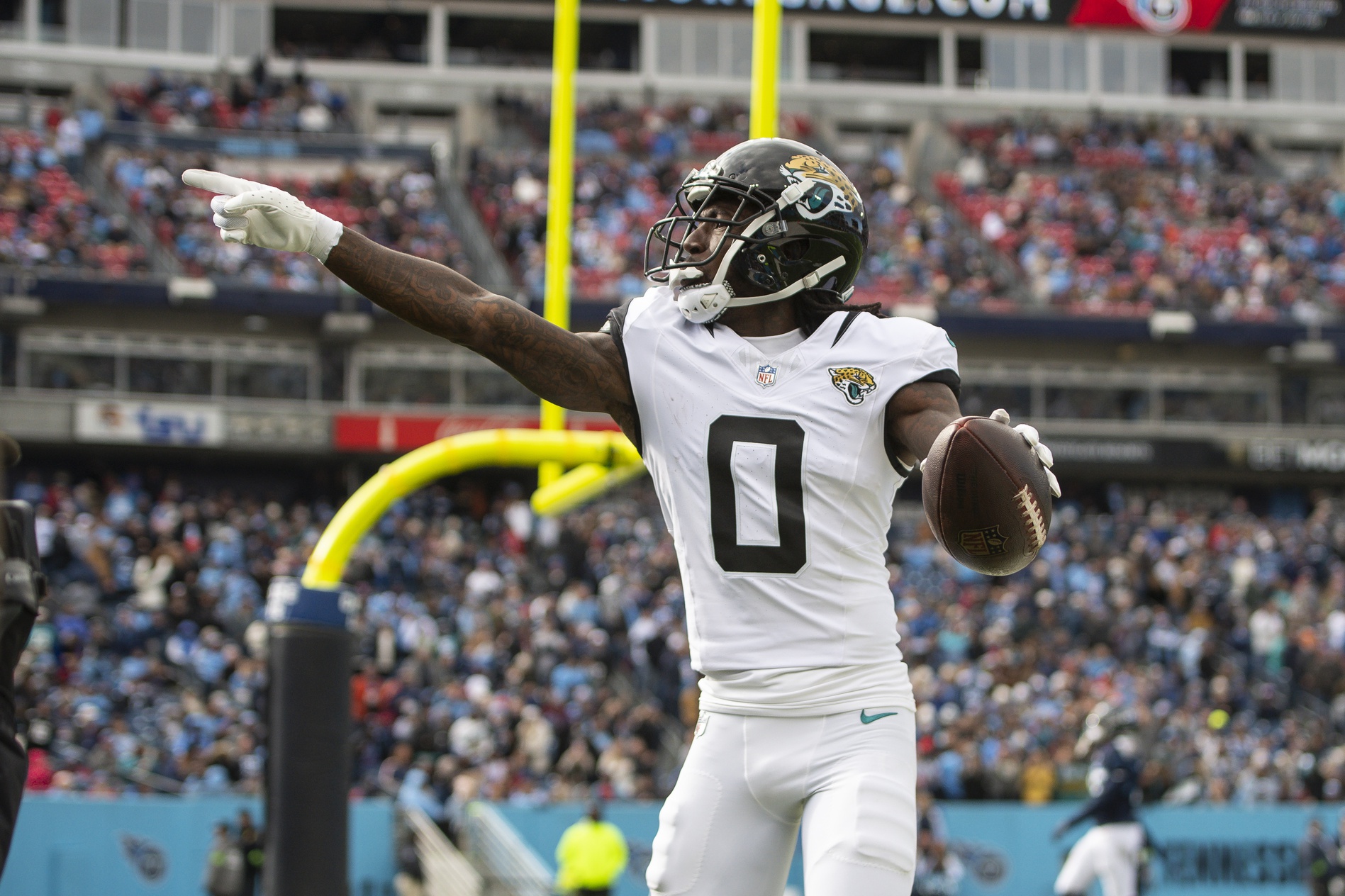The Tennessee Titans have once again dominated off-season discussions, making moves that have everyone from fans to analysts scratching their heads in wonder. Under the strategic eye of General Manager Ran Carthon, the Titans’ recent overhaul has become a focal point for debates around NFL strategy, player value, and the future of football franchises.

A New Era in Tennessee Titans
In a bid to redefine the team and manage financial constraints, the Titans waved goodbye to several key players, notably Derrick Henry and Ryan Tannehill. Their departures marked the end of an era and the beginning of a new chapter for the Titans.
Derrick Henry, a powerhouse on the field, has taken his talents to the Baltimore Ravens, while Ryan Tannehill is testing the waters of free agency, searching for a new team to call home. Filling these voids, the Titans have made decisive moves.
Mason Rudolph, formerly of the Pittsburgh Steelers, has been brought in as a promising backup for Will Levis. Rudolph’s end-of-season performance last year played a pivotal role in Pittsburgh’s playoff push, showcasing his potential to steer the Titans to new heights.
Alongside him, Tony Pollard, previously with the Dallas Cowboys, is set to rejuvenate the Titans’ running game. His partnership with Tyjae Spears, a third-round pick from 2023, aims to replicate the dynamic offense once powered by Henry.
The Tennessee Titans informed Derrick Henry this week that they don’t plan to trade him despite receiving inquiries about the Pro Bowl running back, per sources.
More: https://t.co/Smz6COSe9s
— Adam Schefter (@AdamSchefter) October 28, 2023
The Moves That Puzzled the Pundits
ESPN’s Matt Bowen and Mike Tannenbaum, both well-respected voices in NFL analytics, have raised eyebrows at the Titans’ recent signings. Bowen specifically questioned the decision to bring in Pollard, suggesting his skills would shine in a rotational role rather than as the primary back.
The three-year, $21.75 million deal for Pollard was unexpected, especially with Spears already on the roster, hinting at potential draft strategies to further bolster their backfield.
The most bewildering move, however, involved wide receiver Calvin Ridley. Snatched from the brink of re-signing with the Jacksonville Jaguars, Ridley joined the Titans on a staggering four-year, $92 million deal.
Tannenbaum critiqued this move, pointing out Ridley’s impressive stats but questioning his fit as a No. 1 receiver worthy of such a hefty price tag.

Tennessee Titans’ Bet on the Future
The Titans’ aggressive approach in free agency signals a clear intent to build a competitive team around Will Levis. By securing talents like Pollard and Ridley, Tennessee aims to provide Levis with the weapons he needs to succeed.
Yet, the underlying question remains: Are these the right moves for a team not immediately poised to contend? Critics argue that the financial commitments to players like Ridley, and to a lesser extent Pollard, could strain the Titans’ salary cap in the long run without guaranteeing success on the field.
These moves, bold and unconventional, reflect a franchise willing to gamble on its vision of the future, betting on the development of its young quarterback and a revamped lineup to challenge the norms of NFL team-building.
As the 2024 season approaches, the Tennessee Titans find themselves at the center of a fascinating NFL narrative, one that blends strategy, risk, and the ever-present quest for glory.
Whether these head-scratching moves will be remembered as strokes of genius or missteps remains to be seen. But one thing is clear: The Titans are not afraid to chart their course, rewriting the rules in their pursuit of success.

Source: nflanalysis









